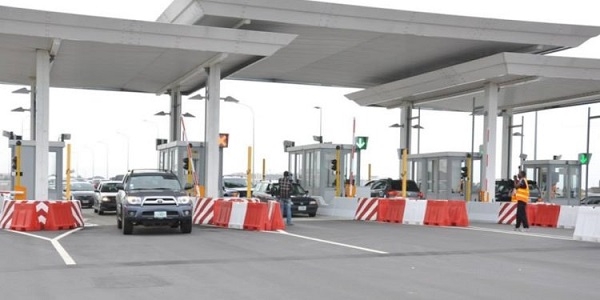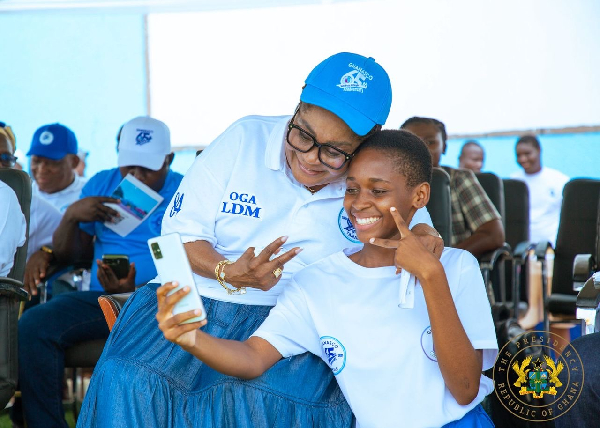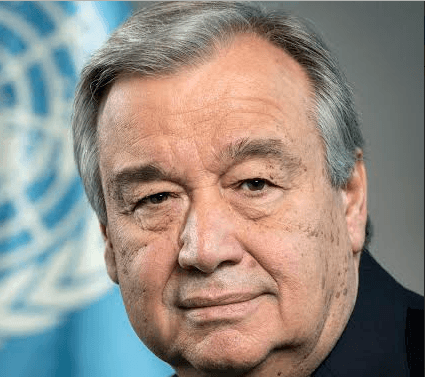World Malaria Day: Leaders' Medical Trips Abroad Sabotage Nigeria's Malaria Fight -Group | Sahara Reporters
In a statement released on Friday by its convener, Francis Nwapa, to commemorate the global health awareness day, the group accused successive administrations of neglecting local healthcare infrastructure in favour of foreign medical care, calling the practice a “major obstacle” to ending malaria in Nigeria.
As the world marks World Malaria Day 2025, a Nigerian advocacy group, #EndMalariaInNigeria, has raised alarm over how persistent medical tourism by Nigeria’s politicians and leaders is undermining the country’s efforts to eliminate malaria.
In a statement released on Friday by its convener, Francis Nwapa, to commemorate the global health awareness day, the group accused successive administrations of neglecting local healthcare infrastructure in favour of foreign medical care, calling the practice a “major obstacle” to ending malaria in Nigeria.
The group also decried the lingering effects of the withdrawal of malaria-related aid to African countries by the U.S. President Donald Trump’s administration.
While many stakeholders fear the withdrawal could reverse gains made in the fight against malaria, #EndMalariaInNigeria argued that foreign aid has largely been misappropriated in Nigeria, with minimal impact on reducing malaria mortality.
“The stopping of foreign aid should ‘aid’ Nigeria’s progressive innovation,” said Nwapa.
“This is the time for Nigeria to adopt and enhance its own healthcare system, invest in infrastructure, modern waste management, laboratories, and medical research centres.”
The group cited the now-defunct Nigeria Vaccine Production Centre in Yaba, Lagos, as a missed opportunity.
Active between 1940 and 1991, the centre once produced vaccines for diseases such as smallpox, rabies, and yellow fever for Nigeria and neighbouring African countries.
Today, the facility lies abandoned, despite its potential to support vaccine production, including for malarias
The group also criticized the Roll Back Malaria initiative launched in 1998 by four international organisations including the World Bank, United Nations Children’s Fund (UNICEF), United Nations Development Programme (UNDP), and World Health Organisation (WHO).
Despite massive financial investments, the group called it a failure that did not significantly reduce malaria deaths in Nigeria.
The formation of the End Malaria Council in 2022 under former President Muhammadu Buhari and its re-inauguration by President Bola Tinubu in 2024 with billionaire Aliko Dangote at the helm have also drawn scrutiny.
“Without any clear action plan or visible results, the decision to appoint businessmen rather than environmental health professionals to lead the malaria fight seems more like a business venture than a genuine health initiative,” the group stated.
The WHO recently emphasised how poverty increases vulnerability to malaria.
According to WHO, children under five from the poorest households in Sub-Saharan Africa are reportedly five times more likely to contract the disease than those from wealthier homes.
In Nigeria, the group noted that the worsening economic situation has pushed more families into multidimensional poverty, limiting their access to nutritious food, quality healthcare, and preventive tools such as insecticide-treated nets.
The group stressed that modern drainage systems, improved housing schemes, uninterrupted electricity, and environmental sanitation are essential tools in the battle against malaria. They also called for increased investment in research and primary healthcare.
The group lamented that despite decades of intervention, Nigeria continues to record over 100 million malaria cases annually, noting that the disease accounts for 30% of childhood deaths, 25% of deaths in children under one year, and 11% of maternal mortality.
“These statistics are staggering. They call for a state of emergency on malaria in Nigeria,” said Nwapa.
“Unfortunately, as long as political leaders seek healthcare abroad, meaningful action may remain elusive.”
While African countries such as Mauritius, Lesotho, Algeria, Egypt, Seychelles, Morocco, Tunisia, and Cape Verde have been declared malaria-free by the WHO, the group said that Nigeria remains one of the world’s most malaria-endemic nations.
#EndMalariaInNigeria urged Nigerian citizens and leaders to shift their focus from dependency on foreign support to homegrown solutions rooted in environmental health, sustainable infrastructure, and a strengthened healthcare system.












